
Hip-hop, born in the vibrant streets of New York City in the 1970s, is more than just a genre—it’s a movement, a culture, and a way of life. But perhaps one of the most intriguing aspects of hip-hop culture is its language—its slang. A reflection of creativity, struggles, triumphs, and identity, hip-hop slang (also known as “slanguage”) has evolved from underground street talk to mainstream vernacular. Let’s take a fun and insightful journey through the rise of hip-hop slang, from its roots in the Bronx to its influence on global pop culture.
From Street Cyphers to Global Phenomenon
In the early days, hip-hop slang was born in street corner cyphers—those late-night freestyle sessions where DJs spun records and MCs dropped rhymes. The words that emerged from these gatherings were more than just vocabulary; they were a symbol of status, a way for the community to express themselves and bond. Words like “fresh”, “fly”, and “def” became synonymous with style and excellence. These terms weren’t just used in songs, but in the daily life of the people living hip-hop culture.
As hip-hop grew in popularity and spread beyond the confines of the Bronx, its slang followed suit. The genre exploded into mainstream culture, with artists like Run-DMC, LL Cool J, and Public Enemy introducing iconic phrases such as “word up,” “dope,” and “phat”—terms that have now cemented themselves in everyday language. Music videos, performances, and interviews allowed these words to travel the world, helping to shape the way the entire generation communicated.
Regional Influences: Hip-Hop Slang from the Streets to the World
One of the most unique and exciting things about hip-hop slang is the way it reflects regional cultures. Hip-hop is a truly American art form, and its language is a melting pot of regional dialects, customs, and experiences. For instance, New York has its own distinct flavor of slang, with terms like “son” and “b”; Philadelphia brought us the versatile word “jawn”; and Chicago gave us the term “crib” to mean home or house. These regional expressions quickly spread across the country, becoming part of the larger hip-hop lexicon.
But it’s not just about geography—hip-hop is inherently diverse. The slang incorporates elements of different cultures and languages, from African American Vernacular English (AAVE) to Spanglish, blending Spanish and English seamlessly. This cultural cross-pollination represents the multicultural nature of hip-hop, which has always been a reflection of the communities from which it originated.
From the Studio to the Streets—and Beyond
As hip-hop has evolved, so too has its language. The rise of social media, memes, and the internet has accelerated the spread of hip-hop slang into everyday conversations. Words like “lit,” “turnt,” and “savage” are now part of the global lexicon, thanks to the reach of hip-hop culture. What once started as a form of underground communication is now mainstream—you’ll hear these terms used in conversations, movies, and even by brands and politicians aiming to connect with younger audiences.
But even though hip-hop slang has gone global, its roots remain firmly planted in the streets. Artists are continually pushing the envelope, creating fresh words and expressions that stay true to the culture. Hip-hop slang is alive and thriving, constantly evolving and reflecting the community’s creativity, resilience, and authenticity.
Hip-Hop Slang in 2024: The Language of the Streets Meets the Mainstream
Today, hip-hop slang continues to influence fashion, lifestyle, and even the way we interact online. From TikTok trends to Instagram captions, “flexing” and “ghosting” are now part of our daily vernacular. Celebrities, athletes, and influencers alike use these terms, creating a blend of cultures that keeps the slang both fresh and relevant. The fact that these terms can be used in everything from a personal conversation to a product launch shows the incredible power of hip-hop’s impact on global language.
But the most important thing to remember is that hip-hop slang is more than just words—it’s a reflection of culture. It represents expression, identity, and a unique way of seeing the world. It’s a celebration of creativity that’s never afraid to break boundaries.
The Lasting Legacy of Hip-Hop Slang
The journey of hip-hop slang is a testament to the cultural power of music. What began as a form of communication in the streets of the Bronx has now evolved into a global language that influences everything from social media trends to fashion. Whether you’re “spitting bars” or just “keeping it 100”, the slang born from hip-hop continues to shape our culture, pushing boundaries and giving voice to those who need it most.
As hip-hop continues to evolve, so too will its slanguage, ensuring its legacy lives on for future generations. So next time you hear someone drop a “lit” or “flex”, you can thank the streets of New York City for sparking a revolution in language—and in culture.















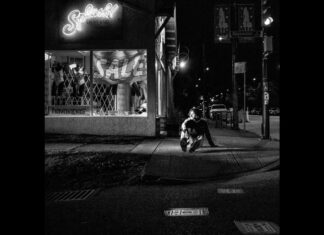
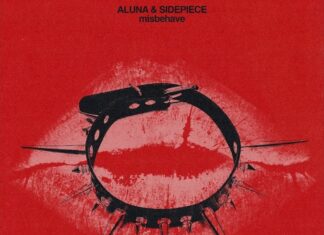
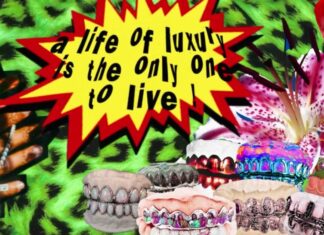
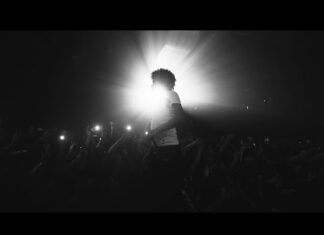
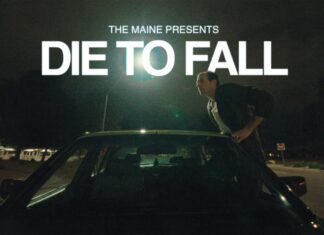
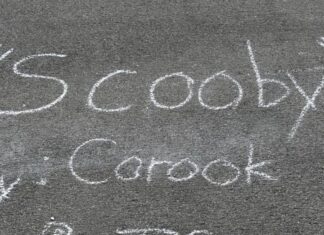
 🔥 Limited Time: Get 55% OFF All Plans - Ends in:
🔥 Limited Time: Get 55% OFF All Plans - Ends in: